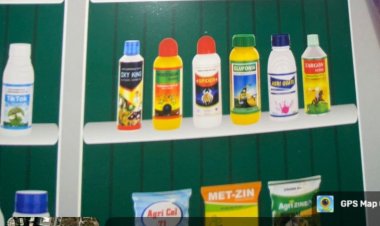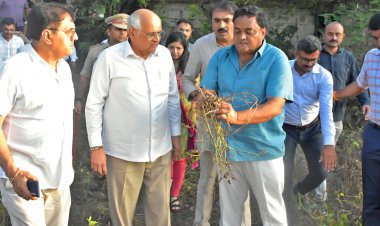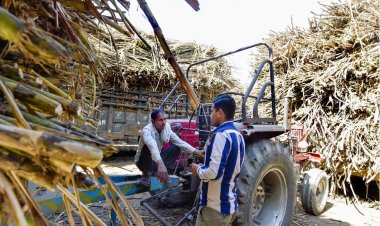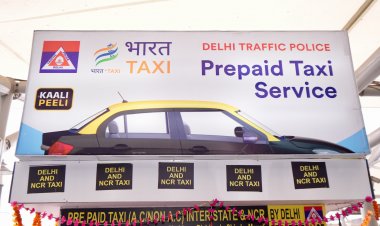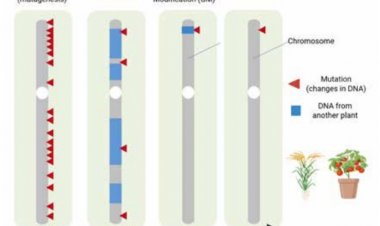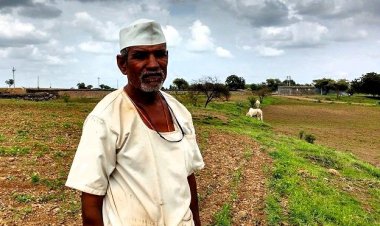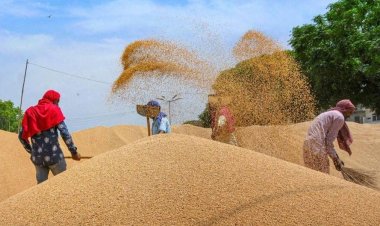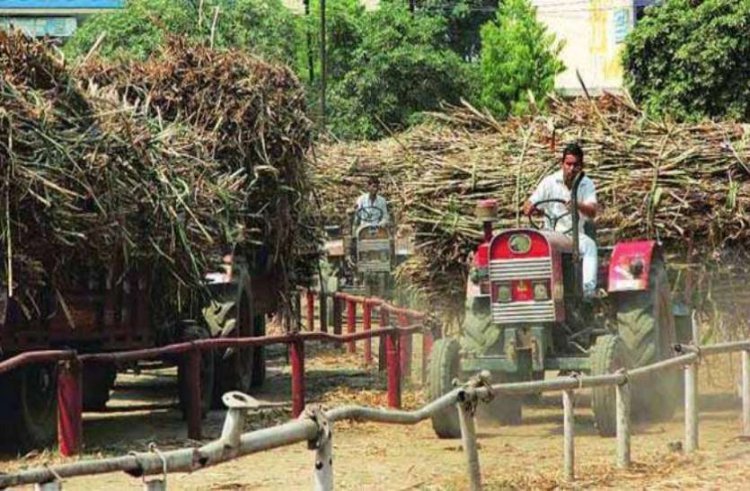
Lucknow / Feb 15, 2021
This year, the new farm laws brought in by the Narendra Modi government to liberalise the marketing/procurement mechanism of cash crops, including paddy and wheat, has led to prolonged protests by farmers, particularly from rich harvest states of Punjab, Haryana and Western UP districts.
Aware of the fact that the Western UP farmers galvanised by Bharatiya Kisan Union (BKU) leader Rakesh Tikait have been participating in protests at the Delhi borders and the fact that the region contributes significantly to the state sugarcane economy, pegged at nearly Rs 50,000 crore annually, the Yogi Adityanath government delayed the decision on the contentious issue of SAP by 2-3 months.
With UP elections still a year away, the Bharatiya Janata Party (BJP) government has finally taken the gamble of holding the SAP at Rs 315 per quintal for the third straight year. Similarly, the SAP for early maturing and unsuitable cane varieties have been retained at Rs 325 and Rs 310 per quintal respectively.
According to official sources, the decision on the SAP was taken by the state cabinet meeting by circulation last night although there is still no public announcement by the government.
The decision will impact the income of about 5 million farmers even as the state farmers had, during the pre-SAP meetings, demanded that the cane price be increased by more than 25 per cent to Rs 400 per quintal for the current season to compensate for the substantial hike in the farm input costs comprising labour, diesel, electricity etc.
Interestingly, the UP farm arrears in the current season have already shot past Rs 12,000 crore, and piling up as the season advances. Besides, about Rs 1,000 crore are also pending on the private millers for the previous 2019-20 crushing season.
The Yogi government had last raised the SAP by Rs 10 per from Rs 305 to Rs 315 per quintal in its first year in office during the 2017-18 crushing season.
According to a senior government functionary, the state government is currently focussing more on ensuring prompt payment to farmers and unhindered operation of the mills, so that there were minimum accumulation of arrears going forward. Since, UP assembly elections are due early next year when the 2021-22 crushing season would be underway, it is expected the Yogi government could decide to hike the SAP then to keep the state farmers happy ahead of the crucial polls.
There are 120 sugar mills in UP, including 94 in the private sector and 24 in the cooperative sector.
Meanwhile, the Centre has also been promoting the production of ethanol by mills, both directly from sugarcane juice and molasses, while targetting to hit 10 per cent ethanol blending in petrol to further enrich the sugarcane value chain. This is aimed at facilitating prompt payment to farmers and insulating the domestic sugar sector from the cyclical nature of the demand-supply matrix and the effect of global factors.
Besides, the mills have additional revenue streams in the form of cogeneration of electricity, and now the production of hand sanitiser as well from alcohol/ethanol in the backdrop of the upsurge in demand for medical products following Covid-19 pandemic and public safety protocols.
Earlier, the Indian Sugar Mills Association (ISMA) had estimated that the sugar production in UP would touch 12.45 million tonnes (MT) in the 2020-21 season.
So far, all the UP sugar mills had collectively produced more than 6.3 MT of sugar by crushing about 62 MT of cane with the average recovery hitting 10.29 per cent compared to 10.96 per cent recorded during the corresponding period last season.
Now, the UP Sugar Mills Association (UPSMA) has urged the Centre to increase the minimum selling price (MSP) of sugar from Rs 31 per kg to support the sector and expedite payment by mills in wake of the purported slack market conditions.
,
According to UPSMA, on the market front, the sugar demand has been sluggish. “The marriage season demand has not taken off, and with no festivals close by, the sugar purchase has been down. The sugar is currently selling at less than Rs 3,100 per quintal (ex-factory), making a further dent in the cane price paying ability of the mills.”
The sugar industry claims the price mechanism had not helped since shipments from other states were available at lower than MSP in key markets. The UPSMA has broached upon the issue with the state and the central government, asking for support including an increase in the MSP.


 Join the RuralVoice whatsapp group
Join the RuralVoice whatsapp group

















